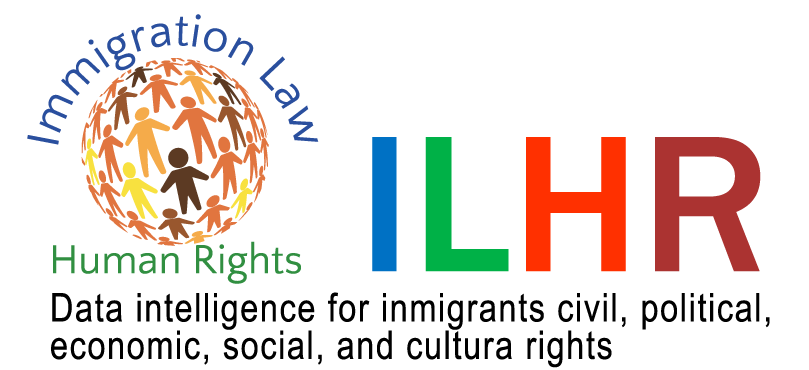Fundamental Practice, Advocacy, and Education of Immigration Law & Human Rights
It’s for global citizens looking for helping in the fight for keeping families together, women and children safe, and expatriates, asylum seekers, refugees, migrants, and immigrants’ rights protected, and whose priority is protecting humanitarian petitioners. ILHR Makes a Case on the Legitimacy of Migration and the Right of Immigration. The objective of the course is to examine the administrative and legal framework regulating the admission and removal of non-citizens from the United States and to provide you with an introduction to asylum, refugee, and other humanitarian laws. The course method will provide a series of exercises to introduce participants to certain practical aspects of the immigration law and human rights system of the United States. For the last fifty years, immigration has been in the spotlight of an intense public debate which has bi-polarized the nation. As a result, republican and democrat Presidents’ executive resolutions, several state and federal courts’ resolutions, and particularly a bipartisan Congress has undermined the independence and due process of the immigration law and human rights system. The national-international character of immigration law & human rights is providing expanded opportunities for students, advocates, lawyers, and CEOs to enter into a unique field of public and private law. It helps earn insight about the diverse range of study, business, work, and investment visas and the risk related to them in order to import qualified human capital, capital investment, and entrepreneurship. It particularly explores Cancellation of removal for permanent residents, extreme hardship to family, and battered spouses or children and Adjustment of status, TPS (Temporary Protection Status), VAWA (Violence against Women Act), TN (NAFTA), DACA (Deferred Action for Childhood Arrivals), Special Immigrant Juvenile (SIJ).
MIP Courses for ILHR
Since the world becomes globalized, interdependent and warmed, recruitment and mobilization of migrant workers becomes a matter of law, rights, and education

Immersive, Connection, and Educational technologies for ILHR Organization, Education, and Action
The new struggle of classes is not about natives vs. immigrants, but humans vs. machines
Read more
Immigration Law & Human Rights for Practitioners, Advocates, and Educators
It is about the Legitimacy of Migration and the Right of Immigration
Read more
US Immigration Law & Human Rights for Corporate Governance
From an Immigration Corporate Policy toward a Universal Declaration of Immigrant Rights.
Read more
Refugee, Asylum, & Convention against Torture
Information, strategy, and solutions to the protection of vulnerable minorities
Read more
Visas Review: Study, Work, Executive, Business, Health, Family, Humanitarian
Structure, definitions, and procedures for embassies’ and consulates’ visas
Read more